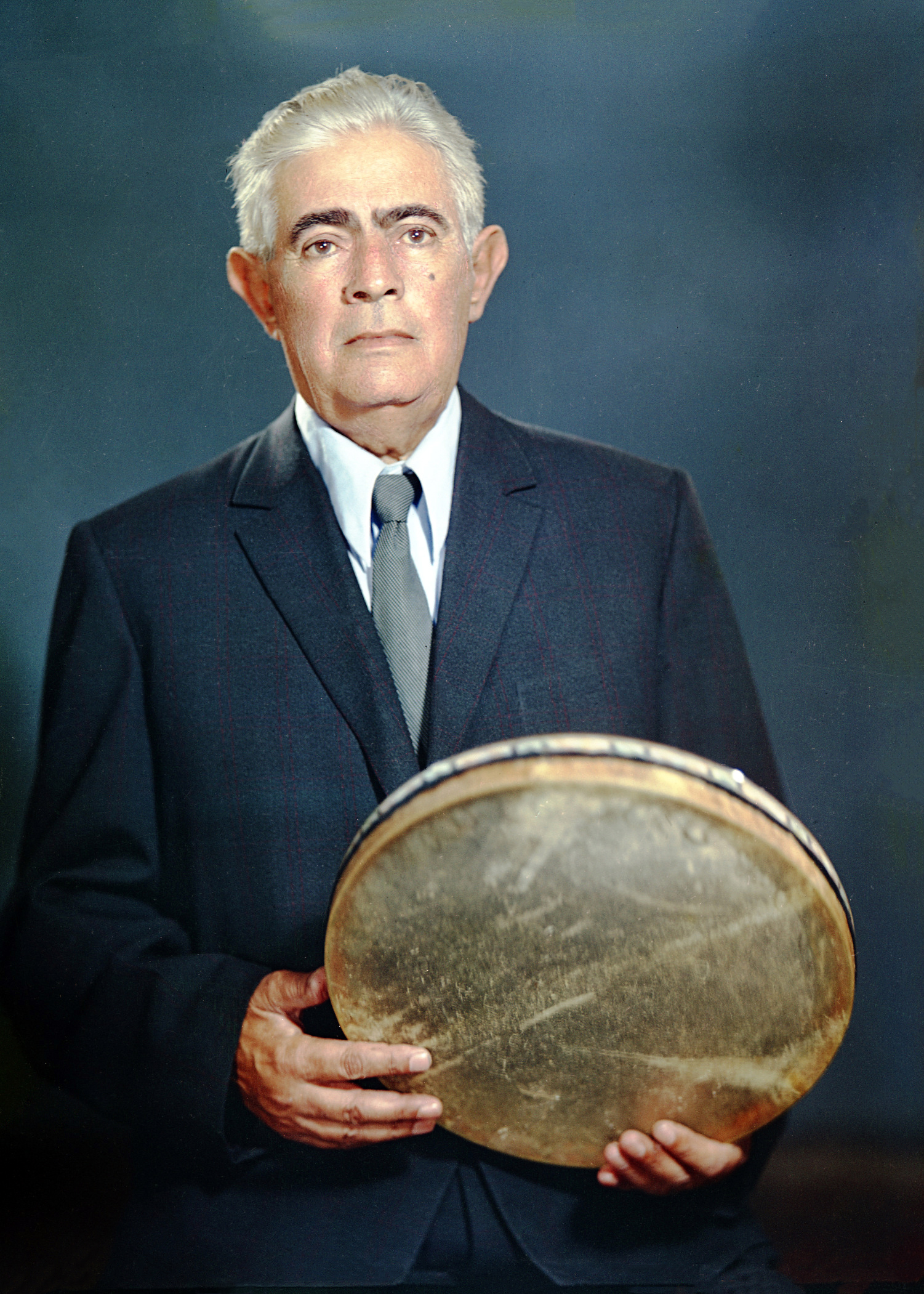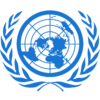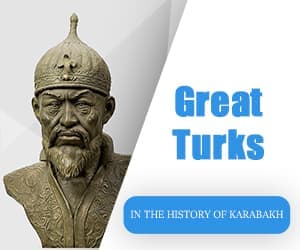Azerbaijani singer-khanende Khan Shushinski (real name Isfandiyar Aslan oglu Jevanshirov) was born on August 20, 1901 in the city of Shusha. However, in the book of 2007 by Azerbaijani publicist Mustafa Chemenli, “Khan of Shushinski”, the village of Ballyja of Shusha uyezd (now Khojaly district of Azerbaijan) is indicated as his place of birth. Khan Shushinski came from the clan of Karabakh khans – Jevanshirs.
[“Bakinskiy rabochiy” newspaper. 20.03.1979, No.65 (18499) p. 3]
[M. Chemenli. Khan Shushinski. 2007, p. 7]
[E.E. Ismailov. Caucasus and Globalization. Volume 8, issue 3-4, 2014. Article: Khans of Karabakh: generational description of the elder line of the family., p. 159]

After receiving his primary education in madrasah, Isfandiyar entered the Shusha Realni School. After graduation, he studied mugham with the Azerbaijani khanende Islam Abdullayev, who named him “Khan of Shushinski”. It was accepted to give the nickname “Khan” to masters of their profession in Shusha.
[M. Chemenli. Khan Shushinski. 2007, p. 7]
[Ch. Kajar. Old Shusha. 2007, p. 253]
Azerbaijani khanende Jabbar Karyaghdy oglu called Khan Shushinski “the best singer of the future”. Azerbaijani art critic Firudin Shushinski noted: “Khan has a juicy mellifluous voice with a wide range. According to the old-timers of Shusha, only Haji Husi (Azerbaijani khanende) possessed such a voice. One can safely say that after Jabbar Karyaghda and Seyid Shushinski, no one performed rhythmic mughams as skillfully as Khan Shushinski”.
[F. Shushinski. Shusha. 1968, p. 109-110]
In 1918, Khan Shushinski moved with his family to Aghdam, and in 1919 he served in the ranks of the army of the Azerbaijan Democratic Republic (1918-1920) in Ganja.
[M. Chemenli. Khan Shushinski. 2007, p. 19]
After the establishment of the Soviet government (1920), repression bypassed him, although some of his relatives were subjected to repression. Since 1924, Shushinski has given concerts in Baku and in other cities and villages of Azerbaijan.
[M. Chemenli. Khan Shushinski. 2007, p. 20]
[“Bakinskiy rabochiy” newspaper. 20.03.1979, No.65 (18499) p. 3]
In 1928, Khan Shushinski created an ensemble of folk instruments in Aghdam, consisting of local musicians, and in 1938-1939 he opened a mugham class in the Aghdam House of teachers.
[M.Chemenli. Khan Shushinski. 2007, p. 23]
In 1934, Khan Shushinski took first place in the first Transcaucasian Art Olympiad in Tbilisi (Georgia).
[F.Shushinski. Shusha.1968, p. 109]
[Diploma. 1934]
During the Stalinist repressions of the 1930s, at a meeting with the First Secretary of the Central Committee of the Communist Party of Azerbaijan Mir Jafar Baghirov and the prominent figures of Azerbaijan – composer Uzeyir Hajibeyov, poet Samad Vurghun and writer Mirza Ibrahimov stuck up for Khan Shushinski.
[M. Chemenli. Khan Shushinski. 2007, p. 38-40]
During the Soviet-German War (1941-1945), Khan Shushinski performed in front of Soviet soldiers in hospitals and at recruiting stations.
[“Bakinskiy rabochiy” newspaper. 20.03.1979, No.65 (18499) p. 3]
On June 17, 1943, for his services in the field of theatrical art, Khan Shushinski was awarded the title of People’s Artist of the Azerbaijan SSR.
[“Bakinskiy rabochiy” newspaper. 20.03.1979, No.65 (18499) p. 3]
[Certificate of Honor of the People’s Artist of the Azerbaijan SSR., 1943]
In 1944, Shushinski was on tour in Iran and performed in such cities as Tabriz, Ardabil, Urmia, Tehran, Kazvin, Resht and Maragha.
[M. Chemenli. Khan Shushinski. 2007, p. 50]
From 1939 to the beginning of 1970, Khan Shushinski was a soloist of the Azerbaijan State Philharmonic named after Muslim Magomayev in Baku. Uzeyir Hajibeyov has a role in the formation and improvement of his creative work.
[“Bakinskiy rabochiy” newspaper. 20.03.1979, No.65 (18499) p. 3]
[M. Chemenli. Khan Shushinski. 2007, p. 45]
In 1956, Khan Shushinski played the role of a khanende in the feature film “If not that one, then this one”, based on the operetta of the same name by Uzeyir Hajibeyov. In 1959, khanende performed at the Decade of Azerbaijani Literature and Art in Moscow.
[M. Chemenli. Khan Shushinski. 2007, p. 50]
[“Bakinskiy rabochiy” newspaper. 20.03.1979, No.65 (18499) p. 3]
On December 29, 1971, for his services in the field of Azerbaijani musical art and in connection with the 70th anniversary of his birth, he was awarded the Honorary Diploma of the Supreme Soviet of the Azerbaijan SSR, the Order of the “Badge of Honor’ and other awards.
[Honorary Diploma. 1971]
[“Bakinskiy rabochiy” newspaper. 20.03.1979, No.65 (18499) p. 3]
Khan Shushinski died on March 18, 1979 in Baku. He was buried in Baku, in the 2nd Alley of the Honorable burial.
[“Bakinskiy rabochiy” newspaper. 20.03.1979, No.65 (18499) p. 3]




